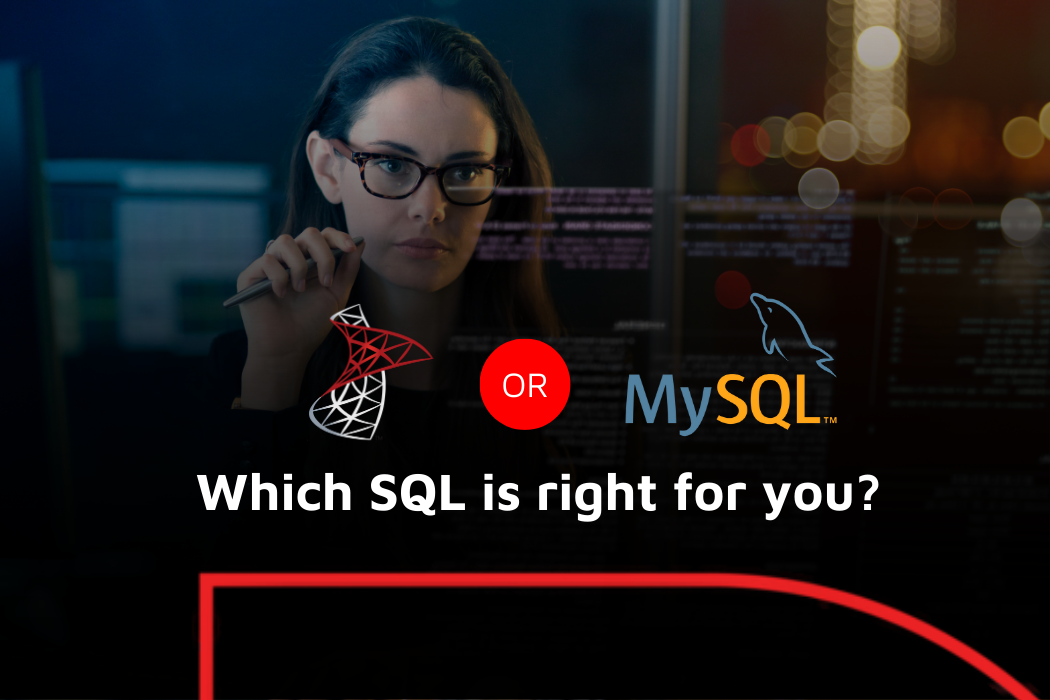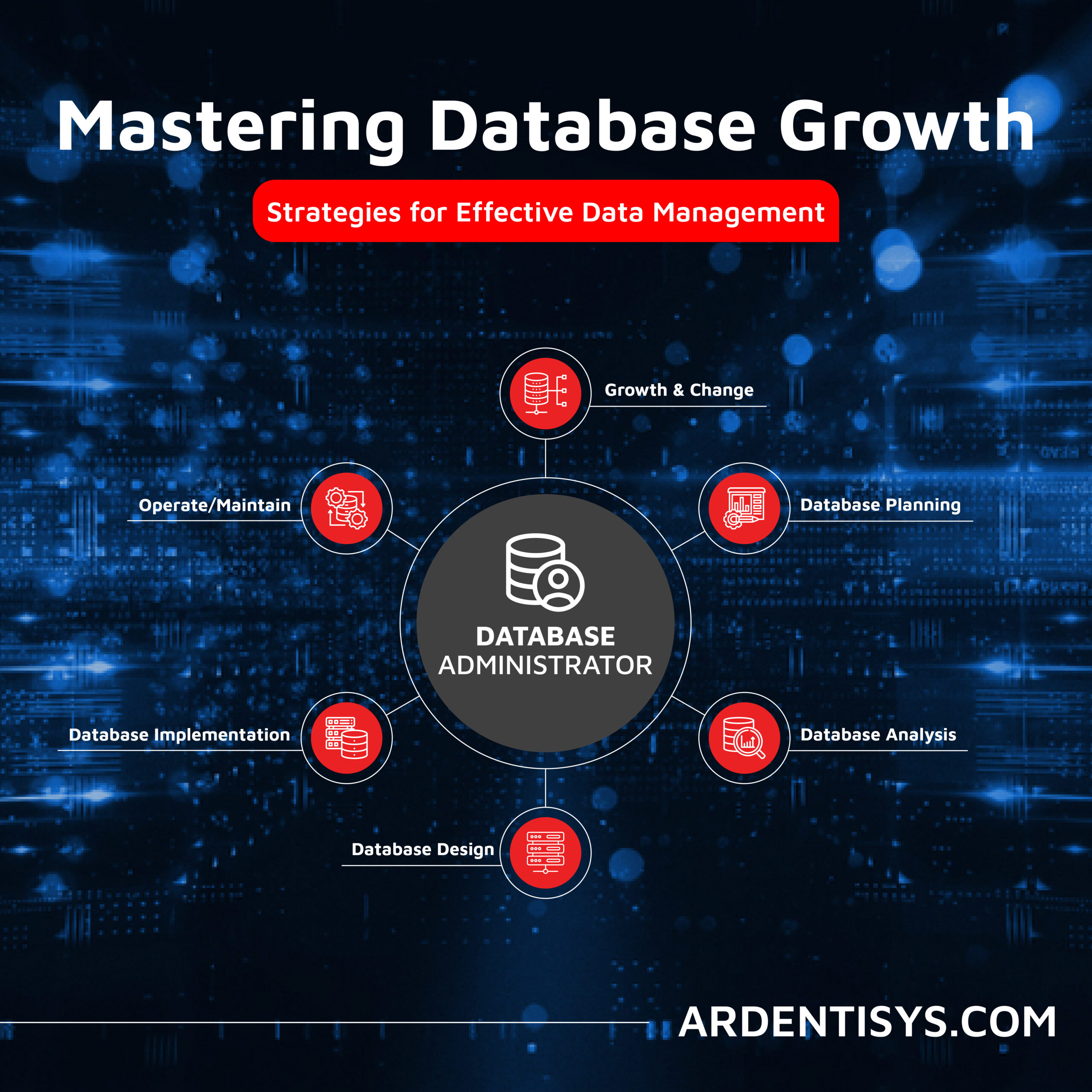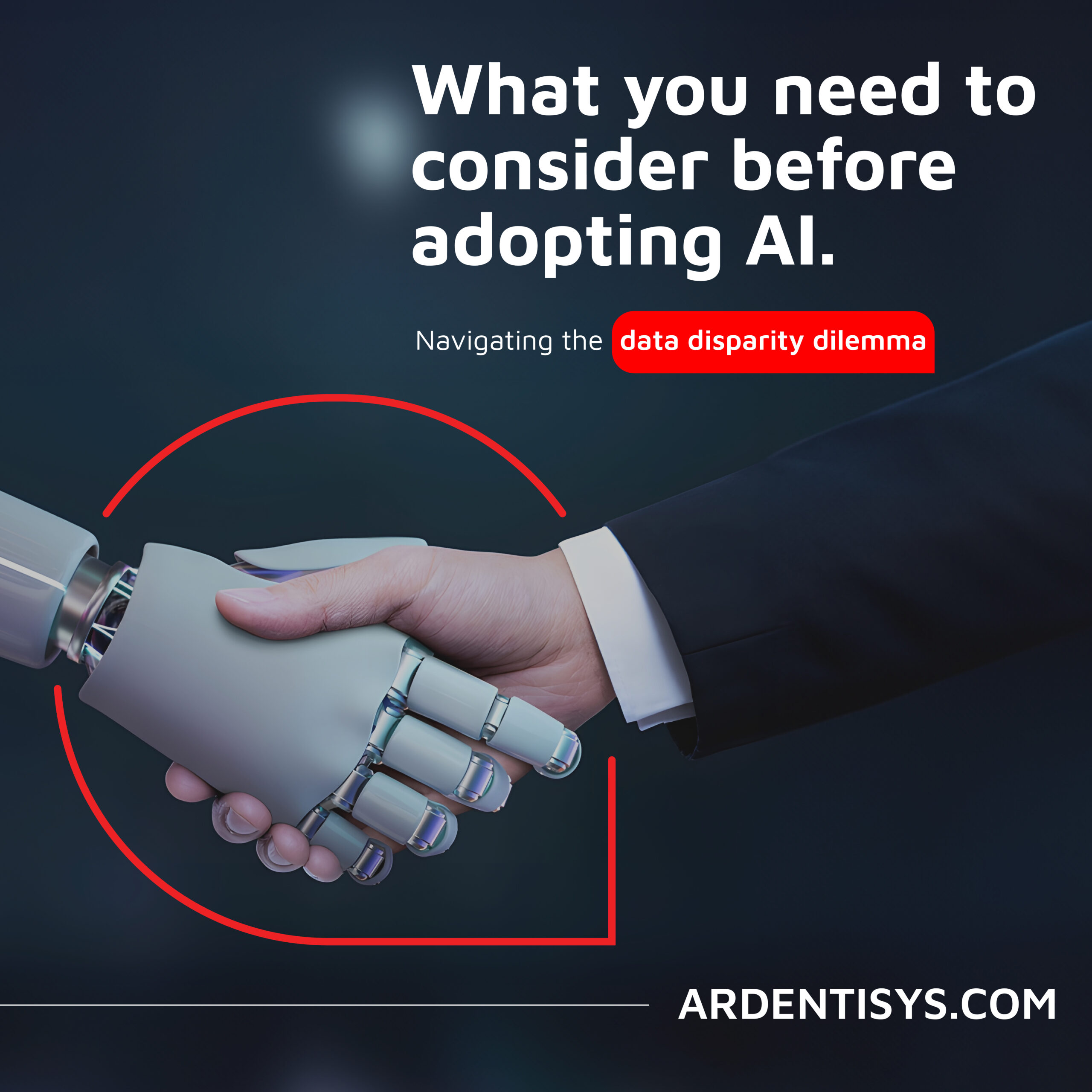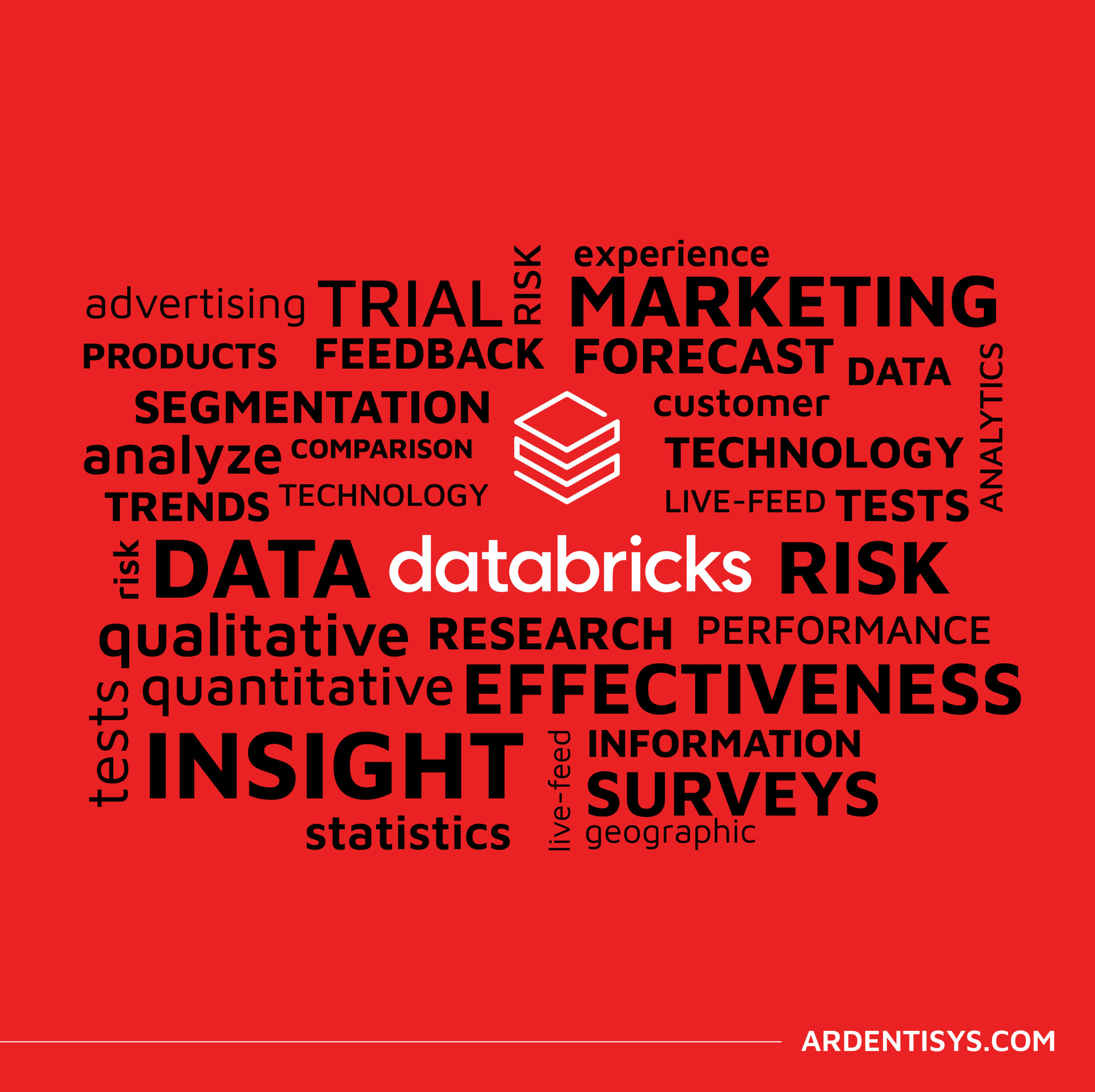MSSQL vs MySQL – How to make the best choice for your business
12 April 2023 | Noor Khan

In order to manage your data effectively and securely, you need to have the right tools for the task. When it comes to database management systems, Structured Query Language (SQL) is used for processing information that is laid out in a relational database (where the information is stored in tabular form, with rows and columns to represent the data attributes and relationships between the values).
Microsoft SQL (MSSQL) is currently used by over 212,633 companies and is popular with smaller businesses that have between 10 and 50 employees. The product is a relational database management system (RDBMS) which supports transaction processing, business intelligence, analytic applications, and is also used for data engineering processes.
MySQL is an open-source RDBMS that has an active installed base of over 5 million users, with more than 35,000 downloads on a daily basis.
The benefits and drawbacks of MSSQL
Written in C++, the program is a proprietary software with functionality and services available to users will depending on what edition of MSSQL is chosen. It forms part of the Microsoft suite of tools for data engineering and development.
The technology is known for supporting multiple languages, being simple to install and manage, and for being a highly responsive tool that is simple to install, and developer friendly.
Pros of MSSQL include:
- Free full-access developer edition – This is ideal for development and production of desktop, web, and small server applications but is only for non-production environments.
- Multiple editions available – The various editions of MSSQL have different functionality and are used for different purposes, allowing users to determine which setup better suits their needs, so they are only paying for the product they need.
- Robust support system – Microsoft provide ‘premier’ support for their MSSQL platforms, and these are complemented by a wide range of online documentation and a thriving online community.
- Azure integration with MSSQL – The system offers active directory authentication for the SQL server using Azure Active Directory (AAD) Password, AAD Integrated, AAD Universal with Multi-Factor Authentication, AAD access token.
Cons of MSSQL include:
- Licensing process can be complex.
- Expensive for some editions.
- Can be memory intensive on larger tables.
- There is a restricted level of compatibility compared to other SQL services.
- Advanced performance tuning can be difficult.
- Third-party tools are needed to maintain changes in database objects.
- There is no native support for source control.
The benefits and drawbacks of MySQL
Written in C++, has been developed since to provide an open-source SQL RDBMS. The platform can be utilised for a wide range of data options, such as integrating with other technology for eCommerce solutions.
Pros of using MySQL include:
- Wide range of portability – The MySQL program can be operated on Windows, macOS, Linux, Solaris, and FreeBSD, which makes it highly efficient for teams using different OS for their data engineering.
- High levels of data security – The platform allows for encryption of sensitive data, either by obscuring the container the data is held in or allowing for the data itself to be encrypted. There are also tools, such as the Asymmetric Public Key Encryption/Decryption, available for this specific purpose.
- Reduced overall costs of ownership – MySQL is an open-source tool and can be used for free, which means the source code can be adjusted to individual requirements, allowing experienced users or third-party experts to customise the software for specific usage and company needs.
- High levels of uptime and development – There is a large online community using and improving MySQL, and the program assures 24/7 uptime. The developer community supporting the application also release regular patches and updates for optimised service and usability.
Cons of using MySQL include:
- Large databases are not supported efficiently.
- Transactions can be prone to data corruption.
- The developing and debugging tool is not as comprehensive or usable as some other platforms.
- SQL check constraints are not supported.
Key similarities between MSSQL and MySQL
- Table format – Both MSSQL and MySQL utilise a column and row-based data storage table, which is the common format for relational databases.
- High quality performance – These platforms are both known for providing high-quality in terms of performance of the application, and the speed at which they operate. To some extent, they are comparable with their ability to handle software projects and their scalability of service.
- Usage – Many web applications will typically offer a choice between MySQL or MSSQL when you sign up for a hosting service, as these are two of the most widely used services (alongside Oracle).
- Supported programming languages – Both MSSQL and MySQL support a wide range of programming languages, including: C++, Java, Ruby, Python, PHP, Delphi, Go, and Virtual Basic.
- Connection drivers – With connection drivers being available for most popular languages being available, both MSSQL and MySQL can be connected with relative ease, and without requiring complex coding operations.
Key differences between MSSQL and MySQL
- Compatibility with different OS – As a Microsoft product, MSSQL was initially developed to work with Windows, and compatibility with other OS came later for Linux and macOS. However, MySQL has a wider range of supported OS and is known for its smooth performance regardless of the OS.
- Additional Supported Programming Languages – MySQL also offers support for Perl, Eiffel, Tcl, and Haskel, which gives the platform extra versatility.
- License and Support Costs – MySQL is open-source and a free option, however there may be times when you need to pay for support. MSSQL requires a license to run, but the premium level support is provided as part of the service.
- Data Backup – MySQL allows for data back up using a tool for blocking the database whilst it’s being backed up (to minimise the risk of corruption), but this can make restoring data a time consuming task. On the other hand, MSSQL doesn’t’ block the database during their backup process, which allows backup and restoration of data with ease, and this can be much more efficient when large quantities of data are involved.
Making a choice between MSSQL and MySQL
In order to choose the right RDBMS for your technology needs, you need to carefully consider what you are intending on doing, and how much data you will be handling.
You should think about:
- Query patterns and their complexity.
- Consistency and service availability.
- Stability of the platform.
- Performance issues and known problems.
- Storage capacity.
- Cost and licensing.
Your data solutions powered by Ardent
Our highly skilled data engineers are proficient in world leading data technologies including both MSSQL and MySQL. If you are unsure about what is right for you, or if you are facing challenges with your existing solution, we can provide a consultative approach and collaboratively some up with the solution fit for your unique needs. We have made technology recommendations to a number of clients and they are now thriving. Explore some our client success stories:
- Driving powerful insights with robust, scalable data pipelines built on AWS
- Improving data turnaround by 80% with Databricks for a Fortune 500
- Monetizing broadcasting data with timely data availability for real time, mission critical data
Let us help you unlock the potential for your data, by getting in touch today.
Ardent Insights

Overcoming Data Administration Challenges and Strategies for Effective Data Management
Businesses face significant challenges to continuously manage and optimise their databases, extract valuable information from them, and then to share and report the insights gained from ongoing analysis of the data. As data continues to grow exponentially, they must address key issues to unlock the full potential of their data asset across the whole business. [...]
Read More... from MSSQL vs MySQL – How to make the best choice for your business

Are you considering AI adoption? We summarise our learnings, do’s and don’ts from our engagements with leading clients.
How Ardent can help you prepare your data for AI success Data is at the core of any business striving to adopt AI. It has become the lifeblood of enterprises, powering insights and innovations that drive better decision making and competitive advantages. As the amount of data generated proliferates across many sectors, the allure of [...]
Read More... from MSSQL vs MySQL – How to make the best choice for your business

Why the Market Research sector is taking note of Databricks Data Lakehouse.
Overcoming Market Research Challenges For Market Research agencies, Organisations and Brands exploring insights across markets and customers, the traditional research model of bidding for a blend of large-scale qualitative and quantitative data collection processes is losing appeal to a more value-driven, granular, real-time targeted approach to understanding consumer behaviour, more regular insights engagement and more [...]
Read More... from MSSQL vs MySQL – How to make the best choice for your business






